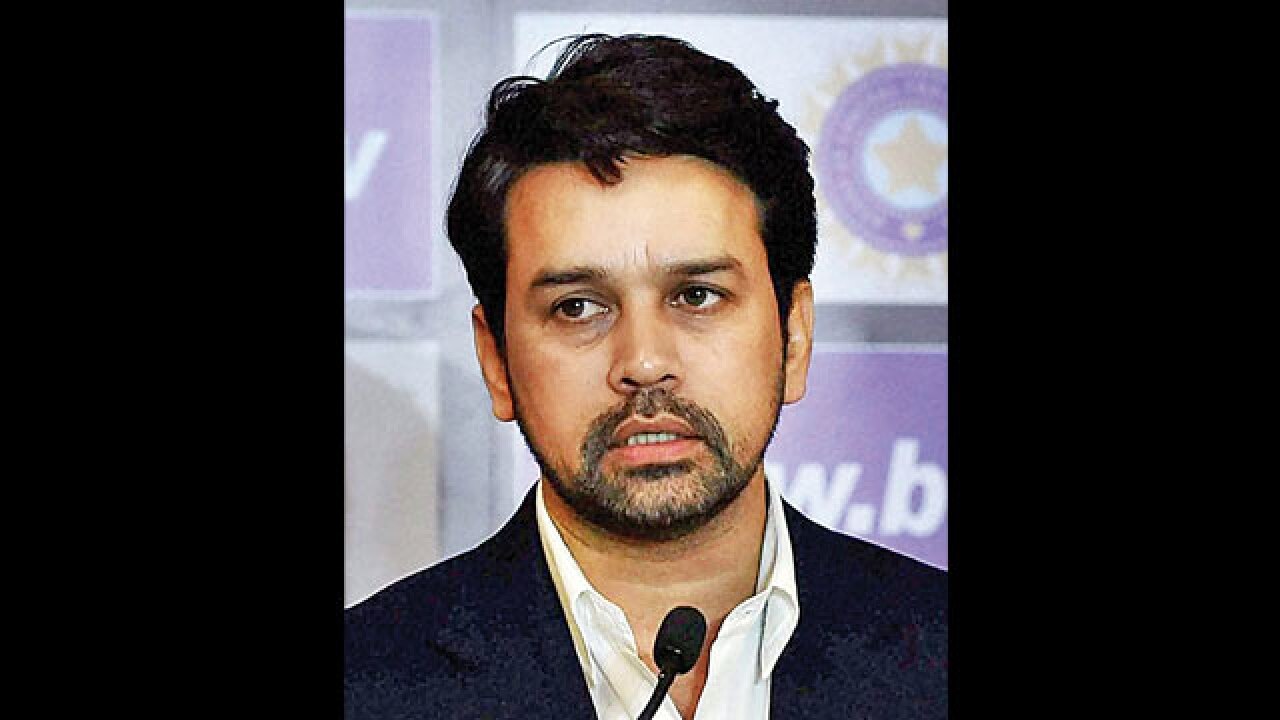
The Supreme Court has virtually upheld most of the recommendations of the Lodha Committee that was set up by the apex court itself to suggest reforms in the Board of Control for Cricket in India (BCCI). The BCCI and regional cricket associations had approached the Supreme Court against the Lodha panel report which had recommended a massive restructuring exercise at the BCCI. The report was critical of BCCI office-bearers clinging to their posts in regional associations, unrestricted tenures as office-bearers, proxy voting during elections in regional associations, casual auditing of expenditures, and interference in team selection. The BCCI had assailed the Lodha panel report as unworkable, an unwelcome intervention into the affairs of a private body, and would hamper the promotion of cricket in the country. The Supreme Court had directed the constitution of the Lodha panel comprising three retired judges after match-fixing allegations in the Indian Premier League and the issues of conflict of interest surrounding N. Srinivasan’s continuance as BCCI president, was brought before the court.
The BCCI has only itself to blame for the mess it finds itself in. For a long time, several state cricket associations have been unhappy with the preferential treatment that states like Maharashtra and Gujarat received. Nine Indian states were classified as affiliate and future members and not granted full BCCI membership while states like Maharashtra and Gujarat had four and three full members respectively. The BCCI’s balancing act of making a virtue out of accommodating zonal interests through zone-wise rotation of the BCCI president’s post and the nomination of five vice-presidents from each zone were also called out as wasteful exercise. The Supreme Court also agreed with the Lodha Panel observations on the undesirability of having ministers and MPs at the helm of the BCCI and its constituent associations. The court rejected the BCCI’s contention that the influence wielded by these officials helped ease the task of cricket administration instead observing that the job of cricket administration required full time work which would clash with the onerous duties of public servants.
This is certainly true as has been observed in various cricket associations headed by politicians where executive responsibilities have been delegated to minions of the leaders leading to poor accountability and transparency. The Supreme Court’s affirmation of other Lodha Panel directions restricting office bearers to three terms of three years each without successive terms, a retirement age of 70, and the bar on politicians will disqualify a clutch of serving administrators like Anurag Thakur, Sharad Pawar, Farooq Abdullah and N. Srinivasan. The little relief that has come the BCCI’s way among the several disagreements it had was with respect to bringing the BCCI under the RTI Act’s ambit. The court left this to the discretion of Parliament. The court also directed the Lodha panel to continue its oversight over the BCCI restructuring and evolve timelines by which the amendments to the BCCI charter, the setting up of new bodies and fresh elections will be conducted.
With the BCCI set for an unprecedented churning, it remains to be seen whether those demanding reforms in other sports federations will also knock on the Supreme Court’s door. The court will then be left with the unenviable task of reviewing the state of affairs in several dozen sporting bodies, many of them which are in a far worse condition than the BCCI. It is unfortunate that the judiciary is involved in tasks which should have been undertaken by the sporting fraternity, the seemingly public-spirited individuals who made their way into sports bodies and civil society. This inability of institutions to proceed on a course of self-correction is more worrying than the micromanagement by the judiciary, which could also turn counterproductive considering that the expertise of judges is not in the administrative domain.